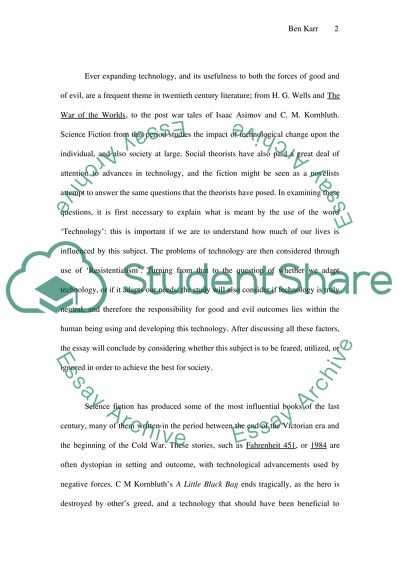Cite this document
(Anything Goes is a bad policy technology and Society Literature review, n.d.)
Anything Goes is a bad policy technology and Society Literature review. https://studentshare.org/technology/1503723-anything-goes-is-a-bad-policy-technology-and-society
Anything Goes is a bad policy technology and Society Literature review. https://studentshare.org/technology/1503723-anything-goes-is-a-bad-policy-technology-and-society
(Anything Goes Is a Bad Policy Technology and Society Literature Review)
Anything Goes Is a Bad Policy Technology and Society Literature Review. https://studentshare.org/technology/1503723-anything-goes-is-a-bad-policy-technology-and-society.
Anything Goes Is a Bad Policy Technology and Society Literature Review. https://studentshare.org/technology/1503723-anything-goes-is-a-bad-policy-technology-and-society.
“Anything Goes Is a Bad Policy Technology and Society Literature Review”. https://studentshare.org/technology/1503723-anything-goes-is-a-bad-policy-technology-and-society.


